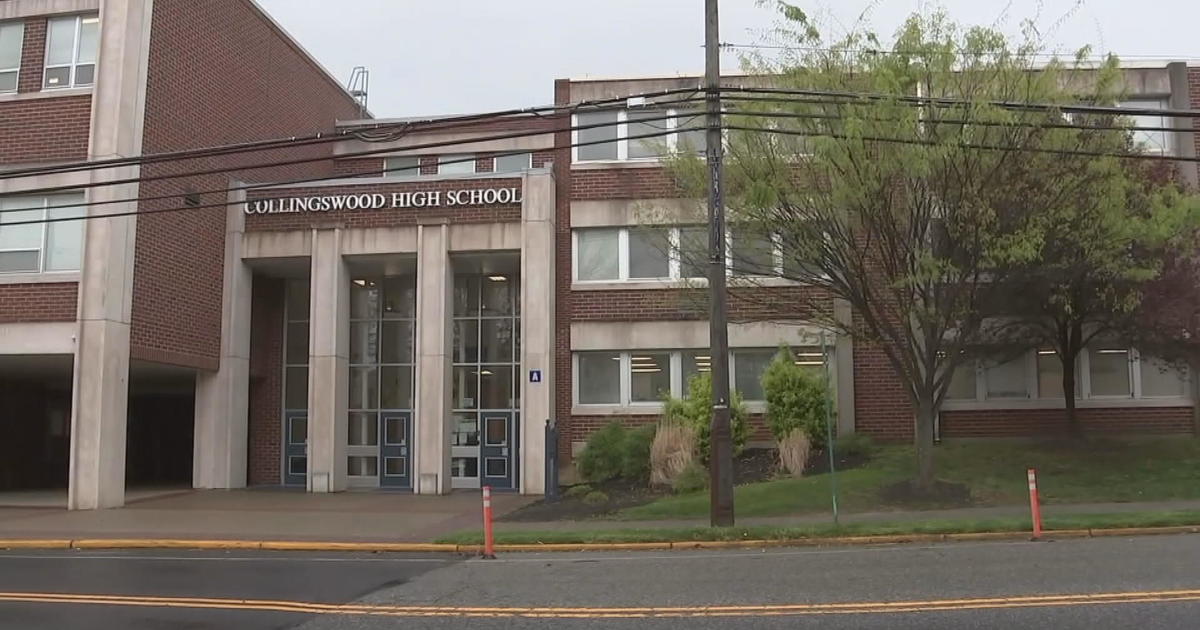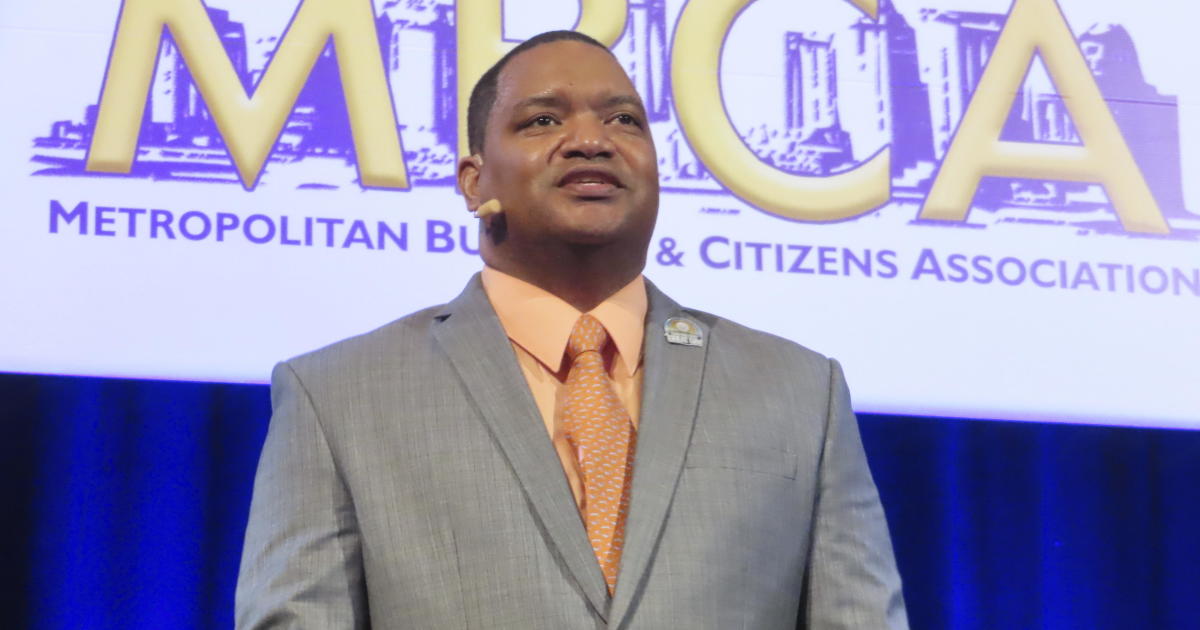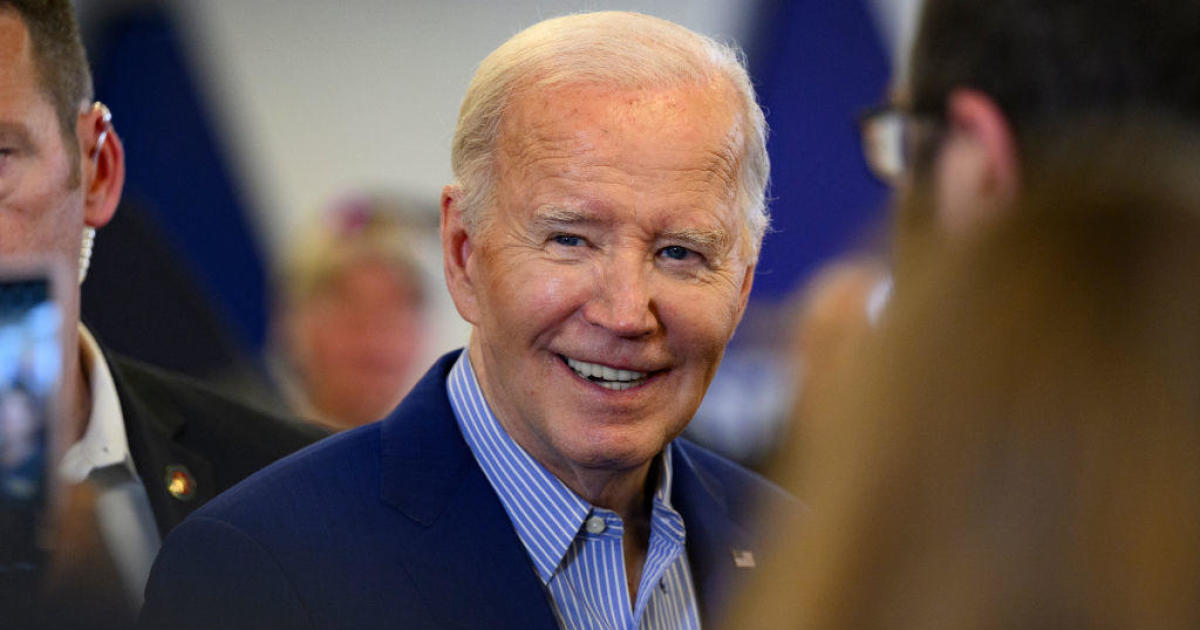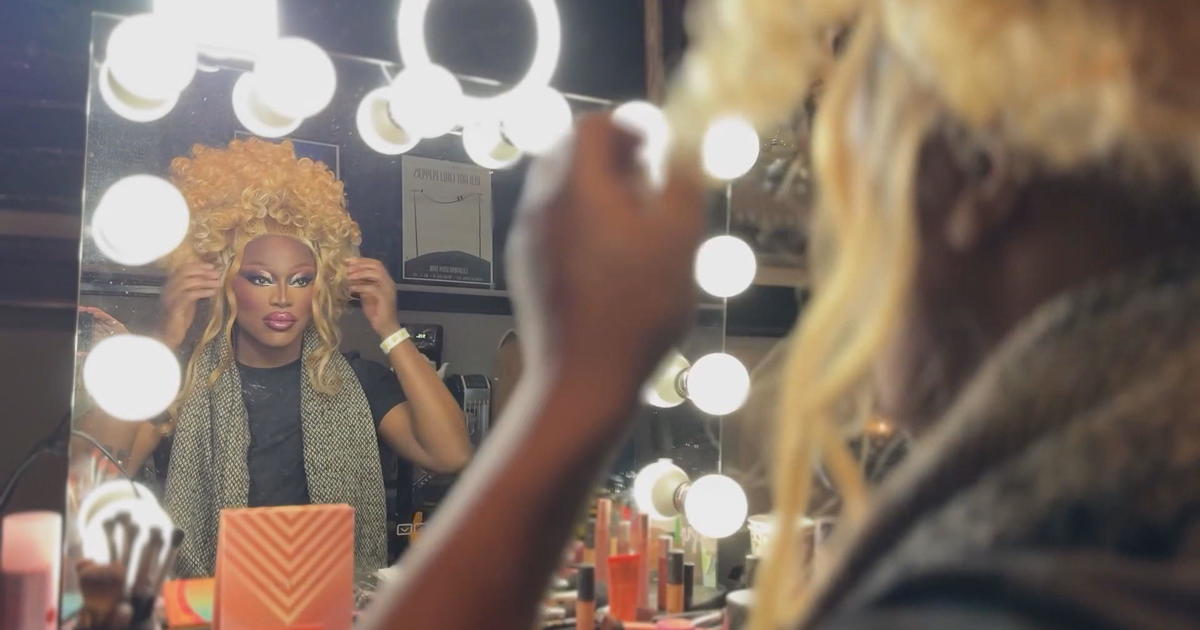Starbucks Closes Over 8,000 US Stores To Conduct Racial-Bias Education
NEW YORK (CBS/AP) — Starbucks says it will close its more than 8,000 U.S. stores for several hours next month to conduct racial-bias training to its nearly 175,000 workers.
Community Rallies For Equality Outside Center City Starbucks
The announcement comes after two black men were arrested in a Center City Starbucks store, sparking protests and calls for a boycott on social media.
The attorney for the two men involved in the Starbucks incident, Stewart Cohen of Cohen, Placitella & Roth, met with reporters on Tuesday afternoon as he read the following joint statement from the two men and Starbucks CEO Kevin Johnson:
"For the past seven days, Starbucks CEO Kevin Johnson and my clients, the gentlemen involved in the incident, have been engaged in constructive discussions about this issue, as well as what's happening in communities across the country.
Mr. Johnson apologized on behalf of Starbucks and the conversation continues today about how this painful incident can become the vehicle for positive social change. We have a situation and the people at the center of this have come together with civility, common purpose and a willingness to listen to one another and work towards a solution.
Together, we ask that the community respect this process. There will be more to follow. Thank you."
He did not answer any questions and also stated his clients will not be doing any interviews.
2 Men Meet With Starbucks CEO After Video Of Controversial Arrests Went Viral
The episode highlights the risks large corporations run when they tie their brands so closely to social messaging. In 2015, then-CEO Howard Schultz shrugged off the "Race Together" fiasco as a well-intentioned mistake and pressed on with his public efforts to engage in the debate over race in America. Johnson was scrambling to keep the Philadelphia incident from shattering the message Schultz was going for: Starbucks is a corporation that stands for something beyond profit.
"The more your brand is trying to connect emotionally to people, the more hurt people feel when these kinds of things happen," said Jacinta Gauda, the head of the Gauda Group, a New York strategic communications firm affiliated with the Grayling network. "They are breaking a promise. That's what makes it hurt deeper."
Beyond racial relations, Starbucks has staked much of its brand on its dual promise of providing good customer service and treating its employees well, said John Gordon, a restaurant industry analyst with Pacific Management Consulting Group. The Seattle-based company has a reputation for well-managed stores, "a point of difference that allows them to sell primarily drinks and coffees that have a higher cost," he said.
But in a multinational company with more than 28,000 stores worldwide, there has "to be a situation every day where some human being handles things wrong. You can't have that many employees and not have something stupid happen," Gordon said. "Even with a huge operations manual that lays out what to say and what to do, you can't cover everything."
Starbucks set its own high bar.
Last month, the company claimed it had achieved 100 percent pay equity across gender and race for all its U.S. employees and committed to doing the same for its overseas operations, an initiative publicly backed by equality activist Billie Jean King. The company also touts the diversity of its workforce, saying minorities comprise more than 40 percent of its employees in the U.S.
In 2016, Starbucks promised to invest in 15 "underserved" communities across the country, trying to counter an image of a company catering to a mostly white clientele. One of those stores opened in Ferguson, Missouri, the scene of 2014 protests following the police shooting of Michael Brown, one of several such killings that moved Schultz to launch the Race Together campaign.
Gauda, who has developed workplace inclusion and diversity strategies for corporate clients, cautioned that any unconscious-bias training should not be treated as "special subject" but incorporated as a core part of its employee training. She warned Starbucks against treating Philadelphia as a one-off affair, urging the company to investigate whether there were any warning signs.
"The company is in crisis mode now, but they should not look at this as an isolated issue," Gauda said.
In a statement, Johnson promised that "closing our stores for racial bias training is just one step in a journey that requires dedication from every level of our company and partnerships in our local communities."
Starbucks said the curriculum for the training would be developed with input from several experts, including Bryan Stevenson, founder and executive director of the Equal Justice Initiative, Sherrilyn Ifill, president and director-counsel of the NAACP Legal Defense and Education Fund and former U.S. Attorney General Eric Holder.
The company said the educational materials would eventually be shared with its licensed stores. In addition to the company-owned stores, Starbucks had as of January about 5,700 licensed stores in the United States, such as the ones inside Target and Barnes & Noble stores.
Gauda and other corporate communications experts said they were impressed with Johnson's hands-on approach to the crisis.
"I'm actually surprised he is handling it the way a CEO should be handling it. He went in head first and he took the blame for it," said M.J. McCallum, vice president and creative director of Muse Communications, an advertising and communications agency with an African-American focus. "I definitely applaud that. Most people won't jump on the bomb."
(© Copyright 2018 CBS Broadcasting Inc. All Rights Reserved. The Associated Press contributed to this report.)



